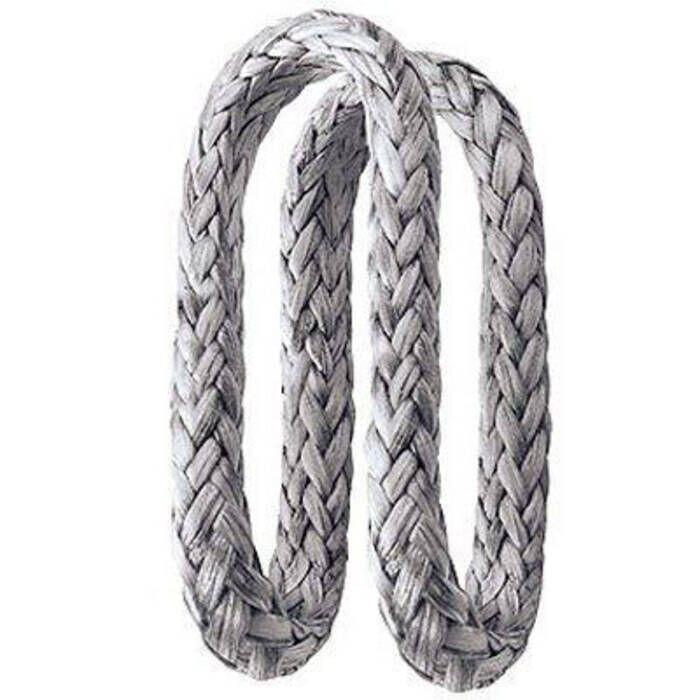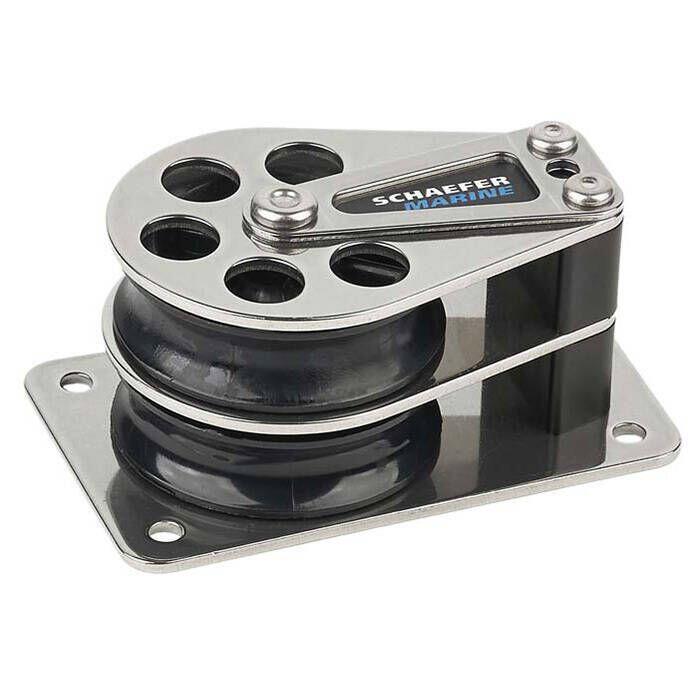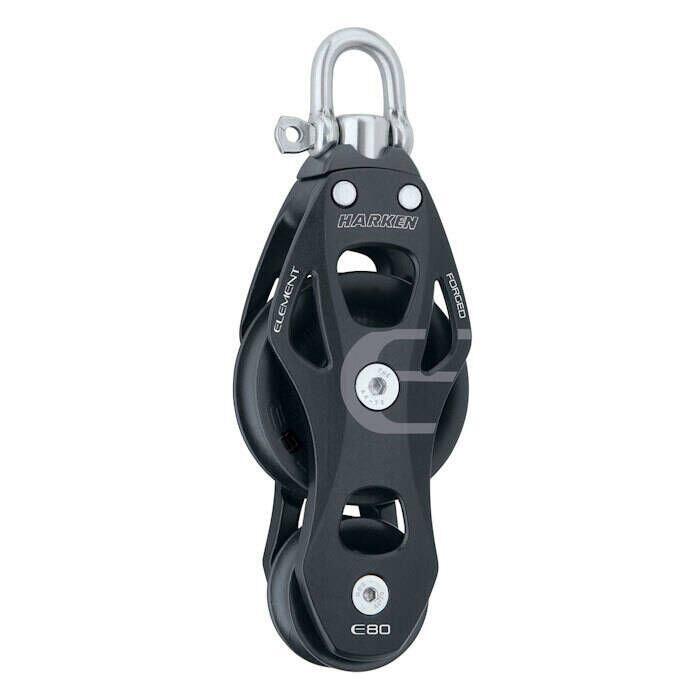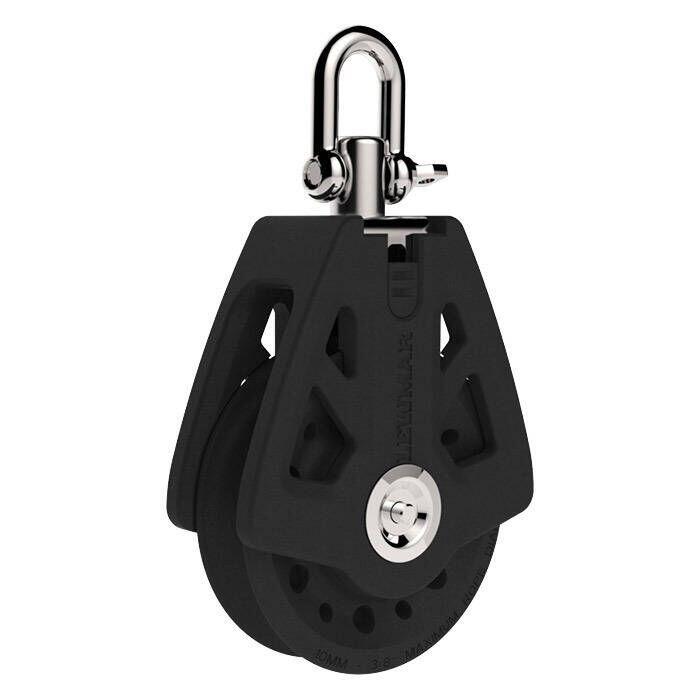Poulies
-

Spinlock - Bloc de Guidage Compact pour Chandelier - WL/1
28,92 $ -
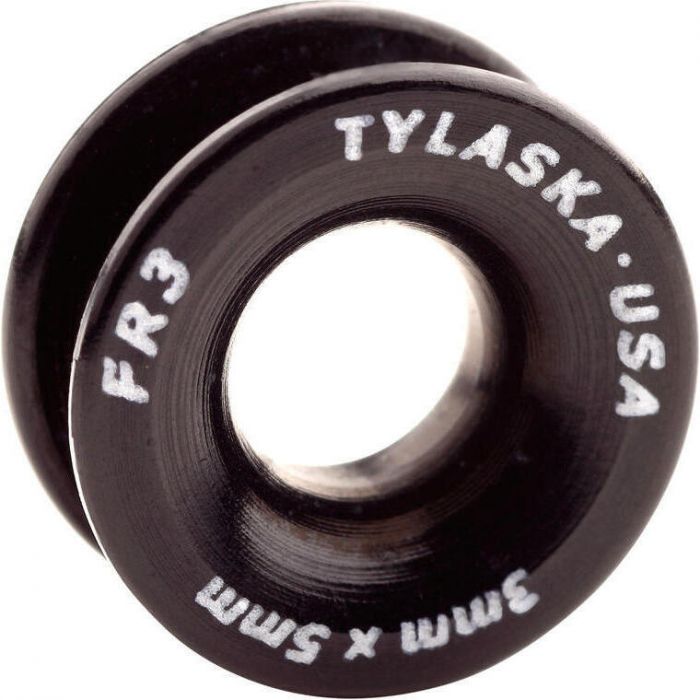
Tylaska - Virole d'Anneau à Faible Friction
13,15 $ - 101,37 $ -
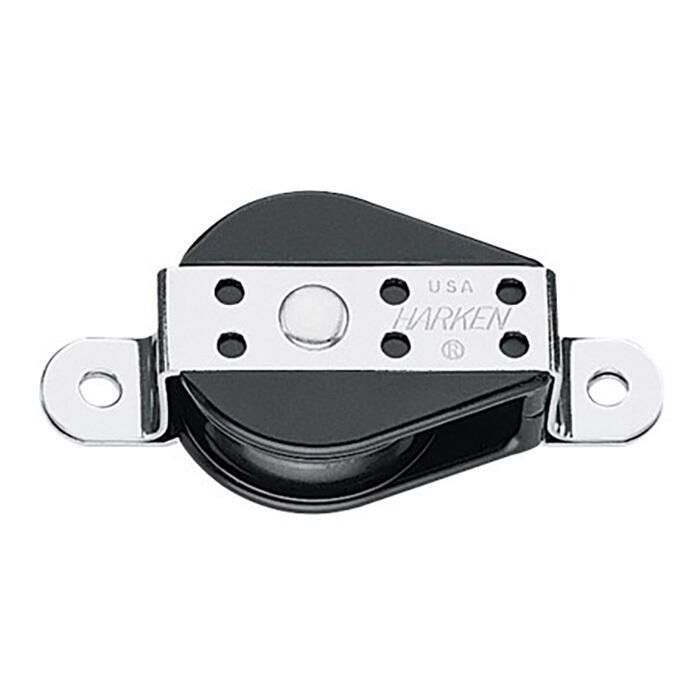
Harken - Grande Poulie Latérale Bullet - 38 mm (1 1/2") - 132
47,11 $ -

Wichard - Chaumard de Chandelier Articulé - 21120
47,96 $ -

Wichard - Guide-Cordage pour Chandelier - 20120
34,63 $ -
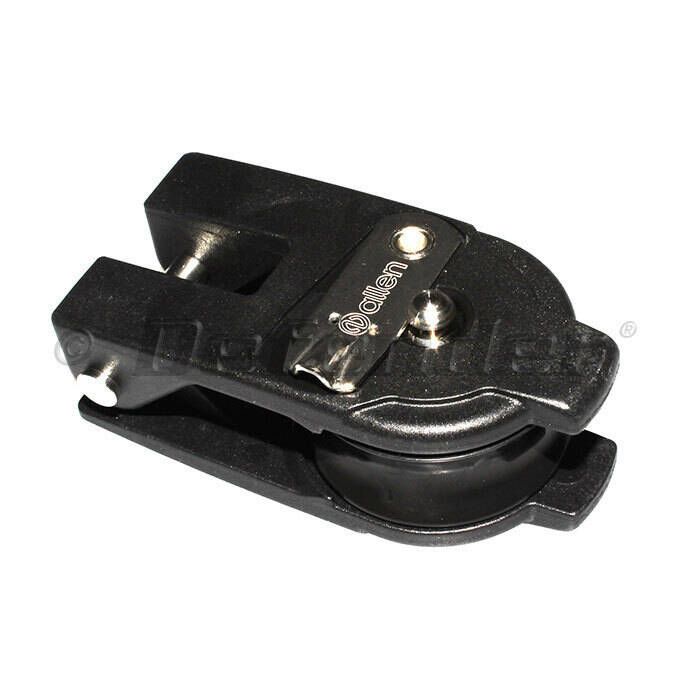
Lewmar - Poulie Violon de Contrôle Tweeker - 40 mm (1 9/16") - 29900340
78,13 $ -

Lewmar - Poulie Ouvrante Taille 1 - 19810600
365,77 $ -

Ronstan - Poulie Série 20 - 20 mm (3/4") - RF20100
32,59 $ -

Ronstan - Poulie Double Série 20 - 20 mm (3/4") - RF20202
47,20 $ -

Ronstan - Poulie Série 40 - 40 mm (1 9/16") - RF41100
35,78 $ -

Ronstan - Poulie Verticale Série 40 - 40 mm (1 9/16") - RF41140
50,53 $ -
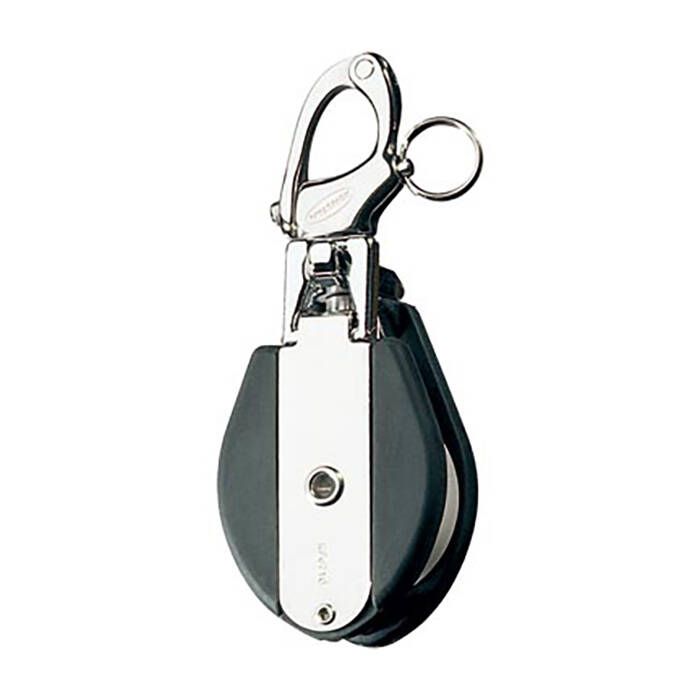
Ronstan - Poulie Violon Simple - 51 mm (2") - RF6710
315,14 $ -

Ronstan - Ressort de Poulie Verticale Série 40 - RF319
7,89 $ -

Schaefer - Réa en Delrin - 1 7/16" - 62-030-02
33,01 $ -
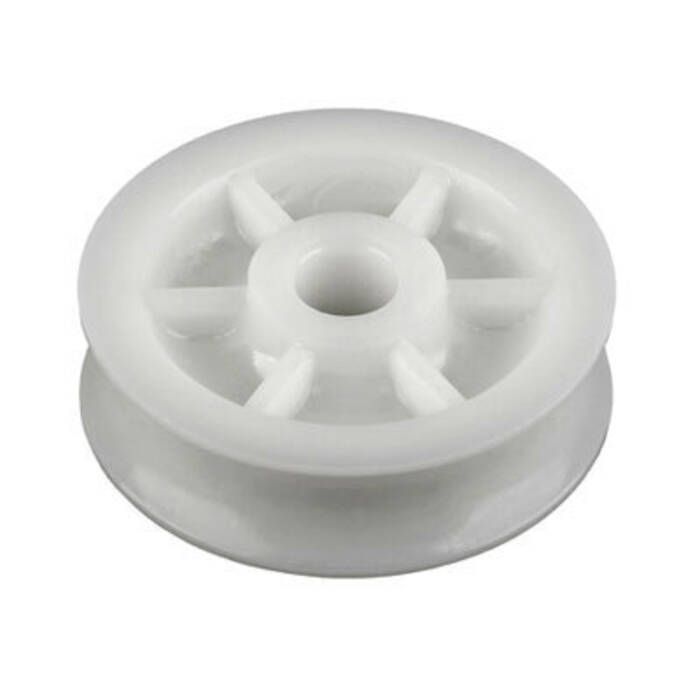
Schaefer - Réa en Delrin - 2" - 62-018
33,01 $ -
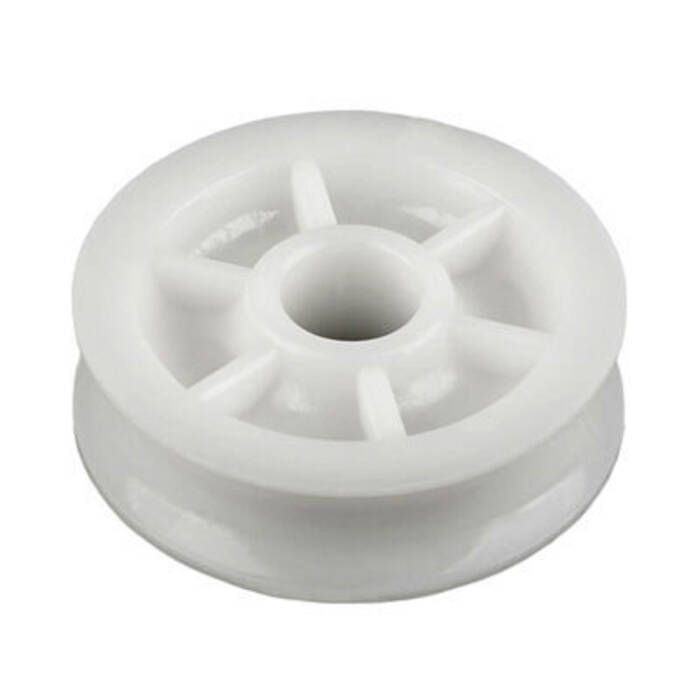
Schaefer - Réa en Delrin - 2" - 62-051
33,01 $ -

Schaefer - Poulie Série 3 - 03-05
99,28 $ -

Schaefer - Poulie Série 5 - 504-15
150,04 $ -
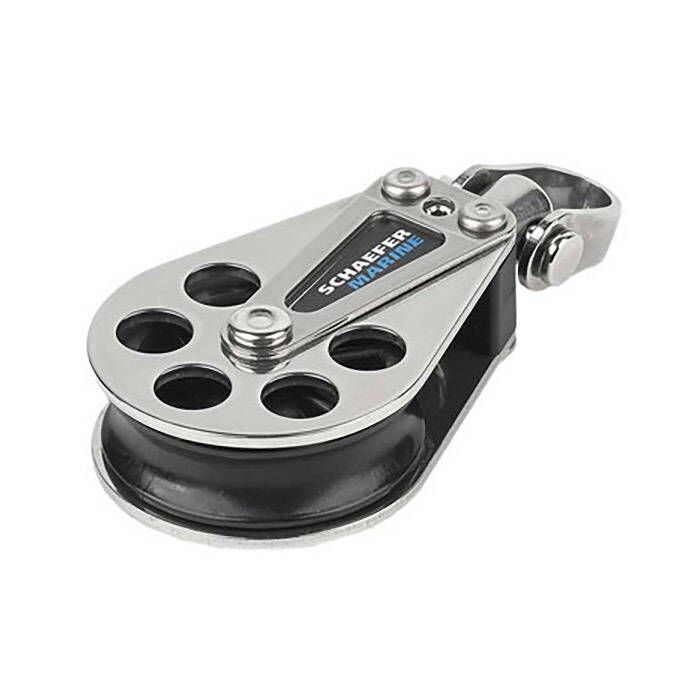
Schaefer - Poulie Série 5 - 505-05
116,20 $ -
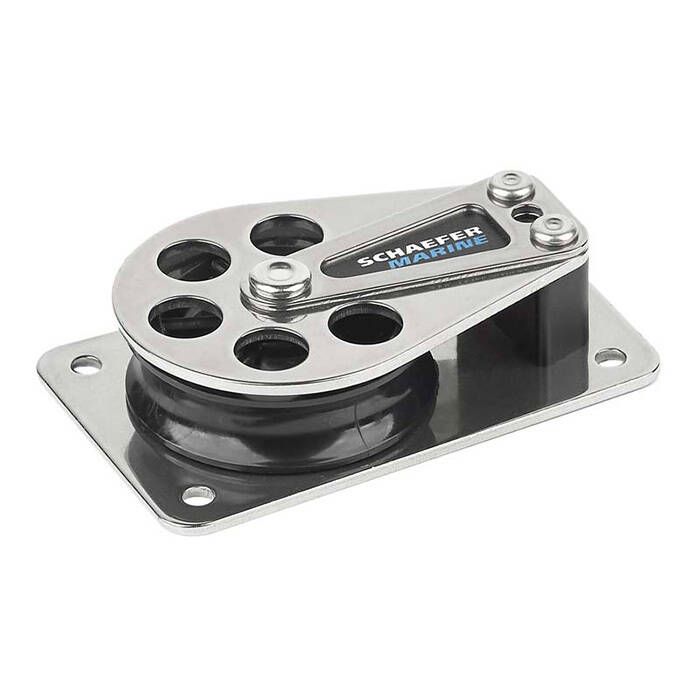
Schaefer - Poulie Latérale Série 5 - 505-11
147,22 $ -

Schaefer - Poulie Latérale Série 7 - 705-11
226,18 $ -

Schaefer - Poulie Latérale Série 7 - 705-28
408,07 $ -
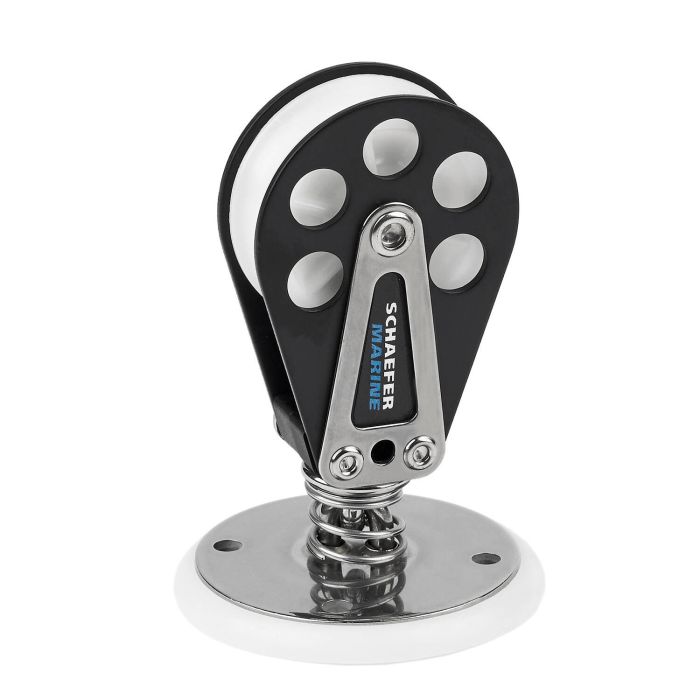 19% off
19% offSchaefer - Poulie Pivotante Verticale Série 7 - 704-62
283,99 $227,31 $ -
 24% off
24% offSchaefer - Poulie Série 8 - 08-05-UC
513,82 $385,51 $ -

Schaefer - Poulie de Guidage d'Enrouleur à Pince pour Balcon - 300-35
209,26 $ -
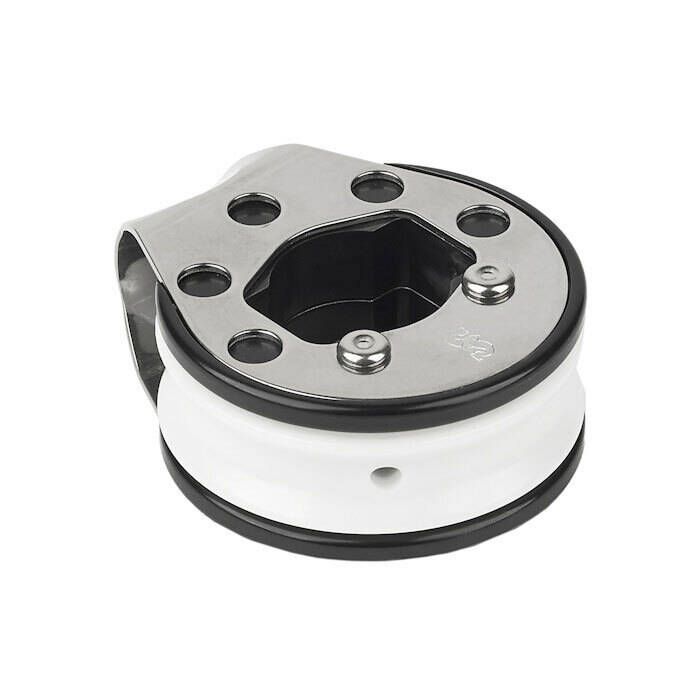
Schaefer - Poulie de Guidage d'Enrouleur Extérieure pour Marche Transparente - 506-44
116,20 $ -
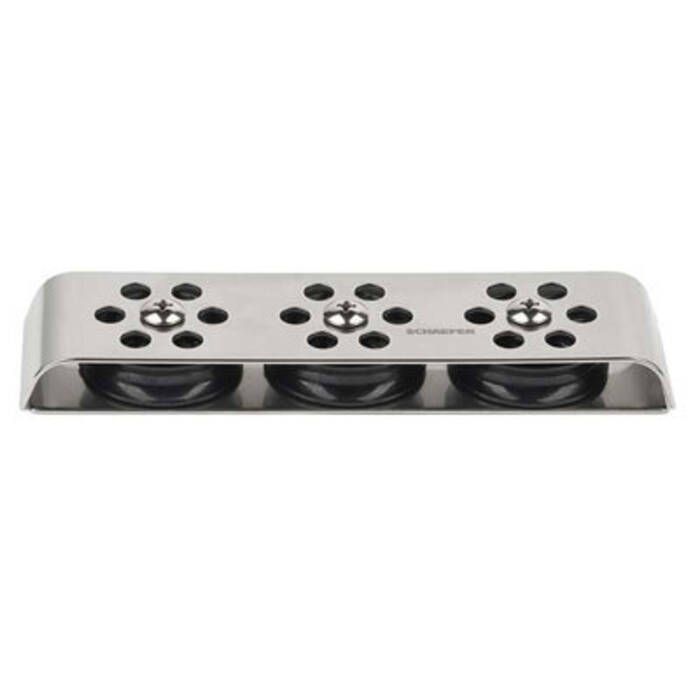
Schaefer - Organisateur de Pont - 505-81
267,07 $ -
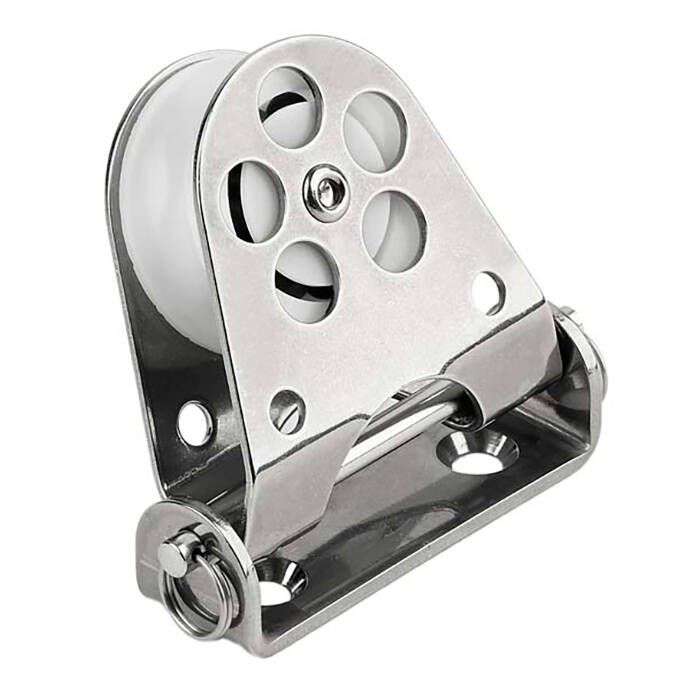
Schaefer - Poulie de Renvoi Articulée - 300-32
258,61 $ -
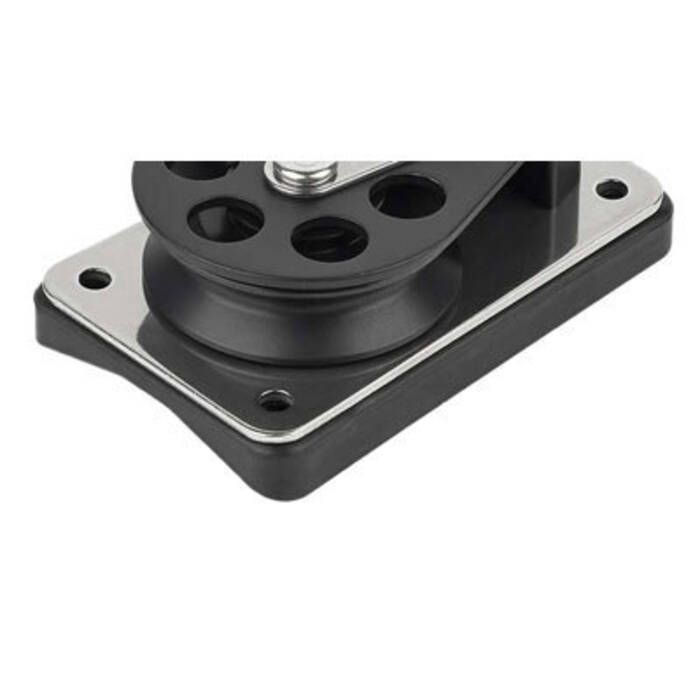
Schaefer - Coussinet de Poulie à Joue Série 5 - 55-60
58,39 $ -
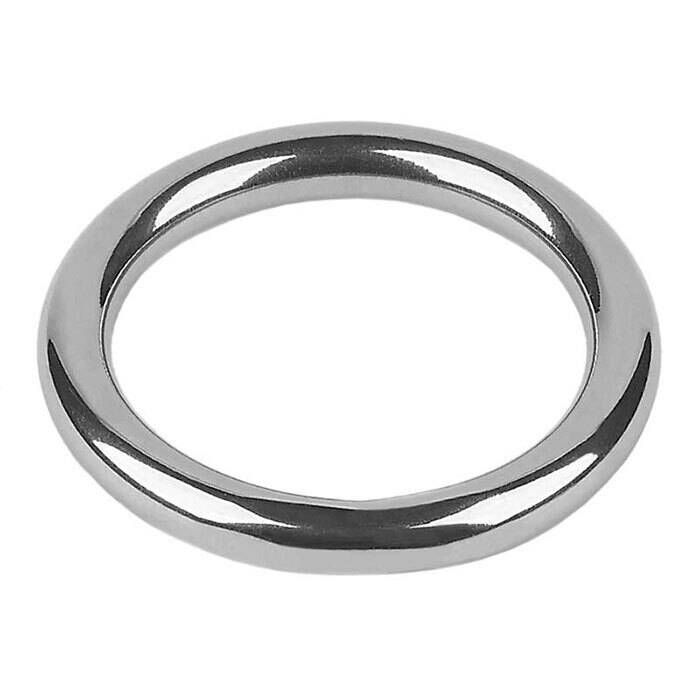 19% off
19% offSchaefer - Anneau Utilitaire
37,24 $ - 140,17 $37,24 $ - 140,17 $ -

Wichard - Cosse Anneau à Faible Friction FRX
20,81 $ - 49,44 $ -
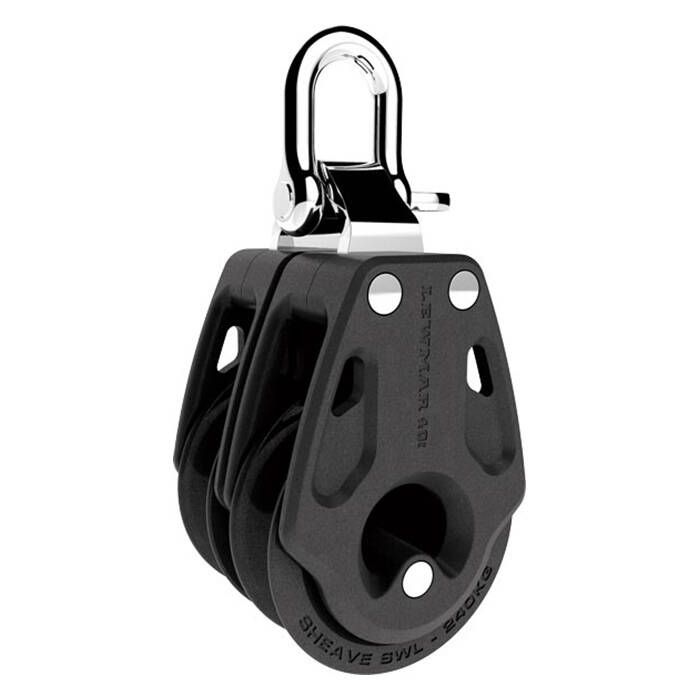 19% off
19% offLewmar - Poulie Double de Contrôle Synchro - 30 mm (1 1/4")
64,03 $ - 68,26 $51,34 $ - 68,26 $ -
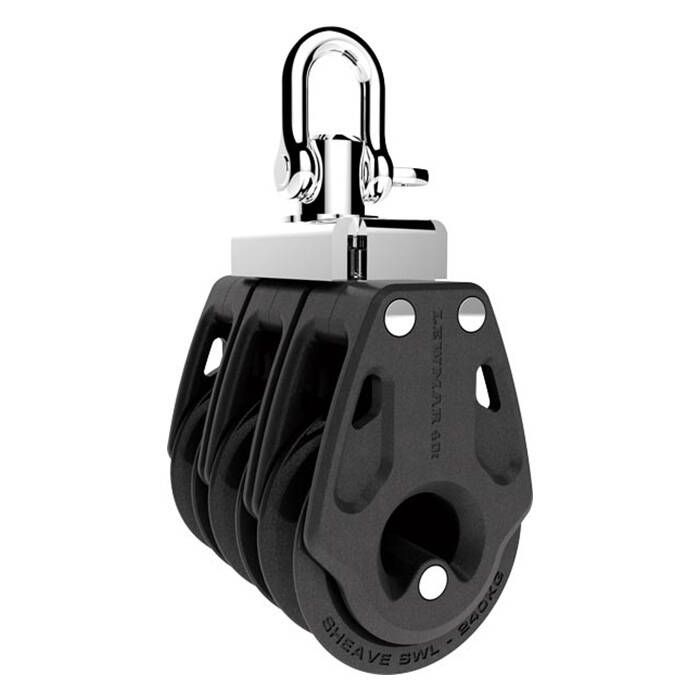 19% off
19% offLewmar - Poulie Triple de Contrôle Synchro - 40 mm (1 9/16")
154,27 $ - 224,77 $135,94 $ - 224,77 $ -
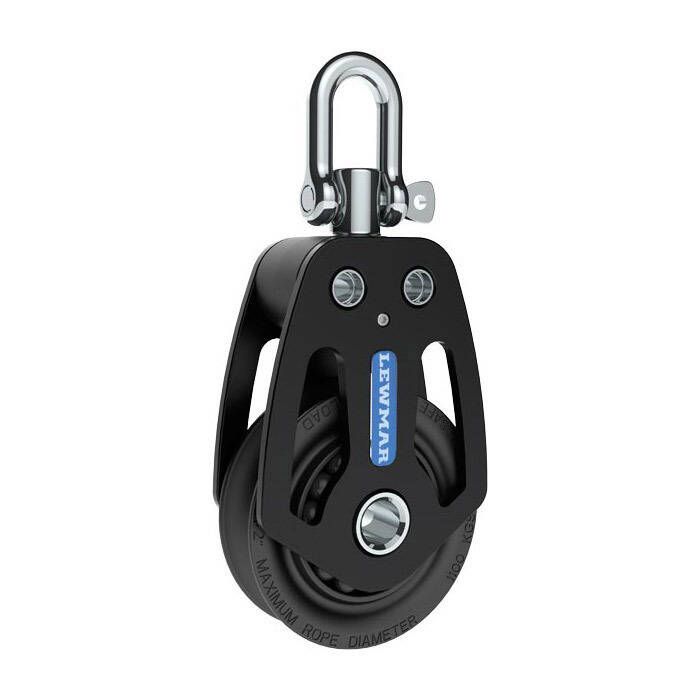 14% off
14% offLewmar - Poulie HTX - 50 mm (2")
89,41 $ - 212,08 $76,09 $ - 212,08 $ -

Lewmar - Poulie Synchro - 60 mm (2 3/8")
44,29 $ - 78,13 $ -

Lewmar - Poulie Double Synchro - 60 mm (2 3/8")
96,46 $ - 100,69 $ -

Lewmar - Poulie Triple Synchro - 60 mm (2 3/8")
150,04 $ - 241,69 $ -

Lewmar - Poulie Violon Synchro - 72 mm (2 13/16")
99,28 $ - 200,80 $ -
 14% off
14% offLewmar - Poulie Synchro - 90 mm (3 1/2")
169,78 $ - 200,80 $144,40 $ - 200,80 $ -

Antal - Poulie Ouvrante
262,84 $ - 526,51 $ -
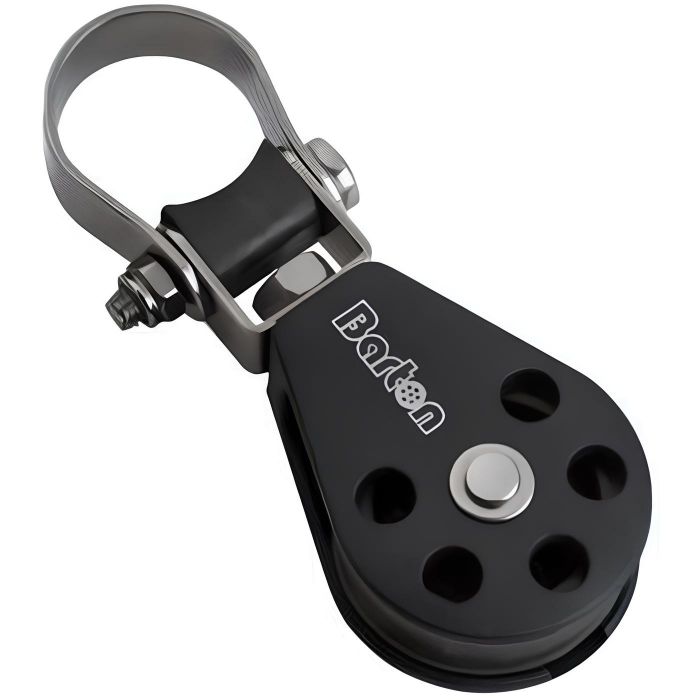
Barton - Poulie Simple de Guidage de Chandelier Taille 2 - N02190
39,85 $ -

Barton - Poulie Triple Taille 3
60,76 $ - 142,92 $ -

Barton - Poulie Simple Taille 3
23,52 $ - 129,60 $ -

Barton - Poulie Triple Taille 4/5
89,65 $ - 122,79 $ -
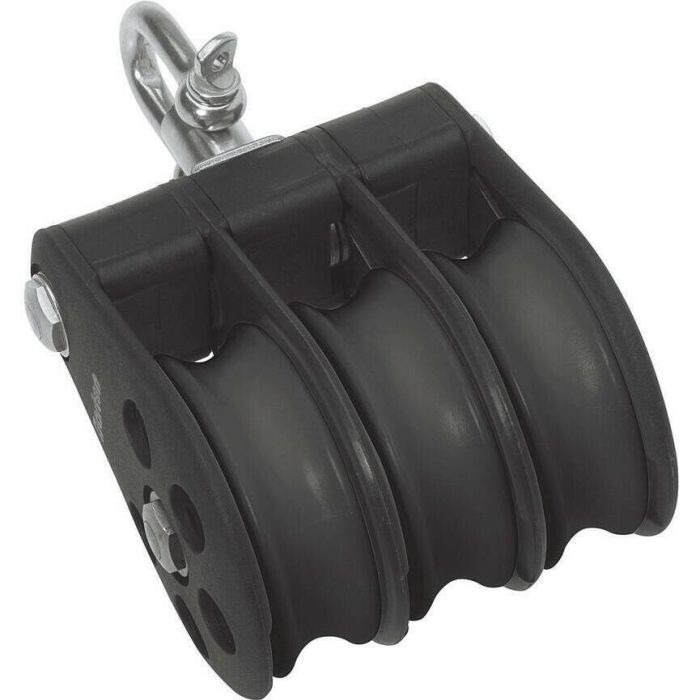
Barton - Poulie Triple Taille 7
127,15 $ - 169,11 $ -

Barton - Poulie à Joue
14,95 $ - 35,71 $ -

Barton - Poulie à Joue à Roulement à Billes
21,04 $ - 62,88 $ -
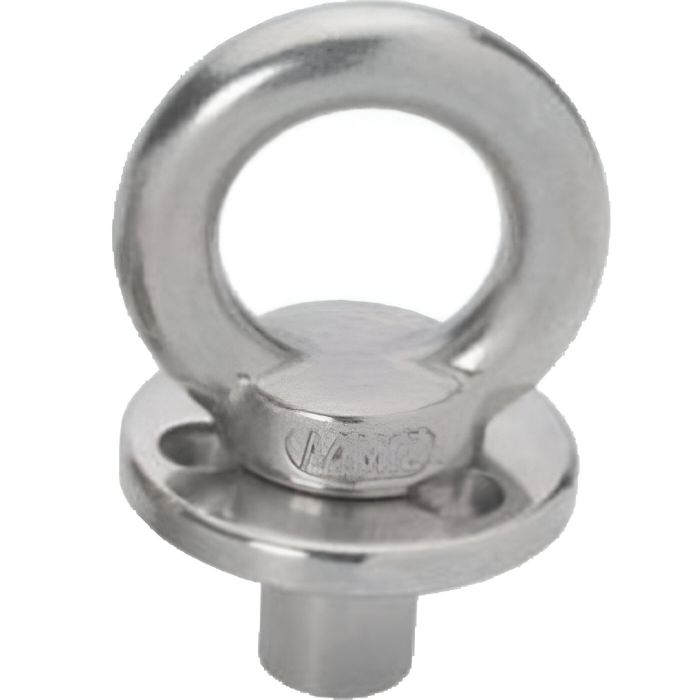
Barton - Plaque de Pont Encastrée
144,40 $ - 186,37 $
About Poulies
Marine Blocks: Buyer’s Guide
Introduction
For avid sailors and boating enthusiasts, selecting the right marine blocks is crucial for a seamless and safe sailing experience. Marine blocks play an essential role in the efficient and effective operation of a boat's rigging system. This guide is designed to help you understand the nuances of marine blocks and make an informed decision when purchasing them.
Section 1: What Are Marine Blocks?
Marine blocks are pulleys used in the rigging of boats and ships. They facilitate the changing of direction and point of application of a force applied to a rope. In simpler terms, they are used to lift heavy loads, adjust sails, and aid in maneuvering the boat.
Types of Marine Blocks
- Single Blocks: Used for basic applications, these have one wheel and one sheave.
- Double Blocks: With two sheaves, they offer more mechanical advantage.
- Swivel Blocks: These can rotate to prevent rope twisting.
- Fiddle Blocks: Combine different sizes of sheaves in one block for versatile applications.
Section 2: Factors to Consider When Buying Marine Blocks
Material and Durability
Marine blocks are typically made from stainless steel or composite materials. The choice depends on the sailing conditions and the required strength-to-weight ratio.
Load Capacity and Size
Consider the maximum load the block will handle and ensure it matches your requirements. The size of the block should correspond with the thickness and strength of the ropes used.
Ease of Use and Maintenance
Look for blocks that are easy to install and maintain. Blocks with ball bearings offer smoother operation but may require more maintenance than plain bearing blocks.
Compatibility
Ensure the blocks are compatible with your boat’s rigging system and the type of sailing you do.
Section 3: Top Brands and Their Offerings
Harken Blocks
Known for high-quality, durable marine blocks. They offer a wide range of blocks for various sailing needs.
Lewmar Blocks
Offers a variety of blocks that balance performance and price, suitable for both casual and competitive sailors.
Ronstan Blocks
Famous for innovative designs, Ronstan’s blocks are popular among those looking for high-performance gear.
Section 4: Maintenance and Care for Marine Blocks
Regular maintenance includes cleaning, inspecting for wear and tear, and lubrication. Always follow the manufacturer’s guidelines for care and maintenance to ensure longevity and optimal performance.
Conclusion
Choosing the right marine block involves understanding your sailing needs, the types of blocks available, and the best brands in the market. With this guide, you are now equipped to make an informed decision that enhances your boating experience.
FAQs
Q: Can I use any block for any type of sailing?
A: No, it's important to choose a block based on the specific needs of your sailing activity.
Q: How often should I replace my marine blocks?
A: It depends on the usage and maintenance. Regular inspection will help you determine when a replacement is needed.


